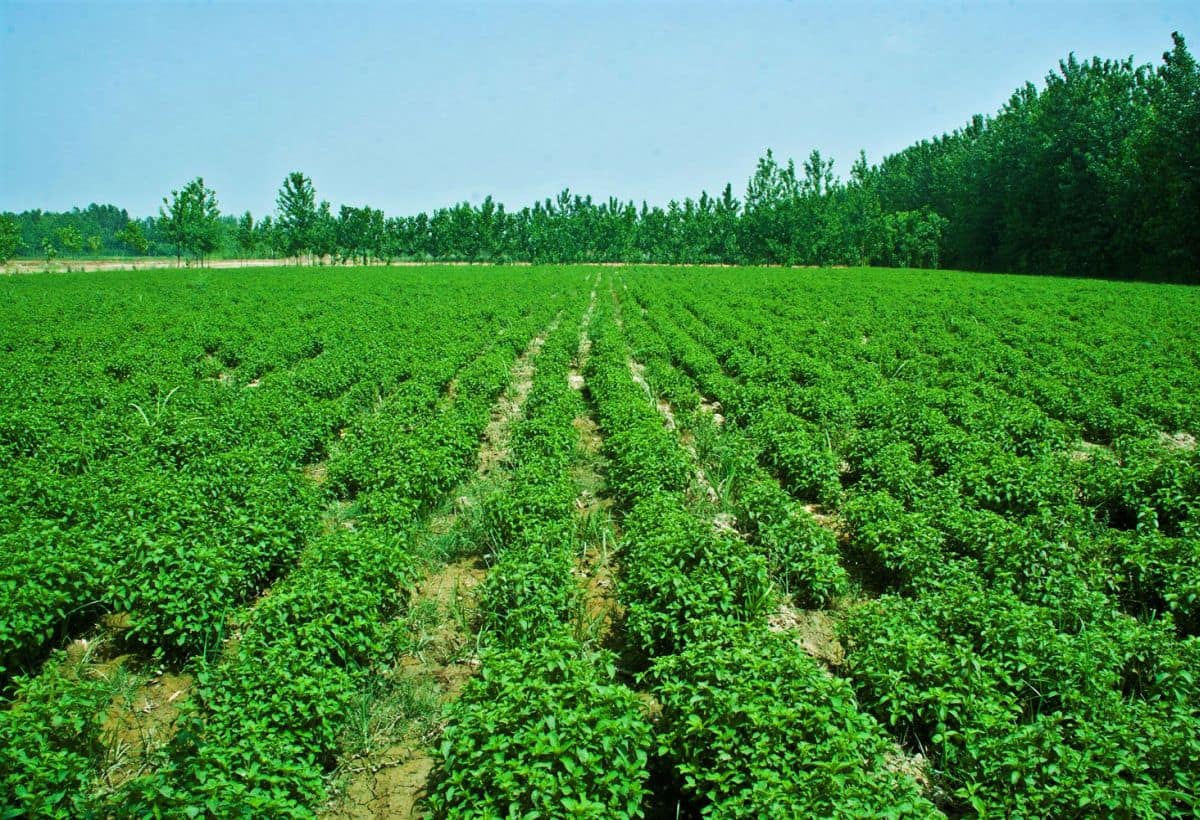In recent years, farmers in India have been shifting from traditional agriculture to cash crops, seeking more profitable alternatives. One such lucrative option that is gaining popularity is Mentha cultivation. Farmers can become wealthy in just three months through Mentha farming, as the essential oil derived from this plant is in high demand in both the Indian and international markets. Often referred to as “green gold,” Mentha has proven to be a sustainable and profitable venture for many.
Understanding Mentha: The Green Gold of India
Mentha, commonly known as mint, is a versatile herb that belongs to the Lamiaceae family. It is not just a culinary herb but also has immense potential in the herbal product market. The oils extracted from Mentha are used in a variety of products, ranging from food flavoring to cosmetics and pharmaceuticals. This multi-faceted utility makes it an exceptionally attractive crop for farmers looking for alternative income sources.
The Economic Benefits of Mentha Farming
One of the primary reasons farmers are turning to Mentha cultivation is its high profitability. With a short harvesting cycle of about three months, farmers can expect a substantial return on investment. According to market trends, Mentha oil commands a high price, particularly in regions such as Europe and North America. This has led to a significant increase in demand, encouraging farmers to adopt Mentha farming.
How to Start Mentha Cultivation
Starting Mentha cultivation doesn’t require extensive knowledge; however, proper guidance can enhance productivity. Here are some key steps to consider:
- Soil Preparation: Mentha thrives in well-drained, fertile soil. Testing the soil pH and improving it to around 6.0-7.0 can enhance growth.
- Sowing: The best time to sow Mentha seeds is during the monsoon season. Ensure that the seeds are well-spaced to allow proper airflow between plants.
- Watering: Regular watering is essential, particularly during the initial growth stages. However, avoid waterlogging, as it can harm the plants.
- Pest Management: Organic pesticides can help control pests without harming the crop. Regular monitoring is crucial to protect the crop from infestations.
- Harvesting: It is advisable to harvest Mentha when the plants are in full bloom for maximum oil extraction.
Market Demand and Export Opportunities
The global herbal product market presents a lucrative opportunity for Mentha farmers. The essential oil extracted from Mentha is sought after for its refreshing aroma and therapeutic properties. In addition to domestic consumption, exporting Mentha oil can significantly increase farmers’ earnings. Regions such as Europe, the United States, and Japan are major importers of Indian Mentha products.
Conclusion
With the rising shift towards cash crops, Mentha farming emerges as a promising option for farmers across India. The combination of quick returns, high demand for Mentha oil, and the overall benefits of cultivating this herb can lead to financial stability and prosperity for many. By adopting modern agricultural practices along with traditional techniques, farmers can unlock the full potential of this green gold.
